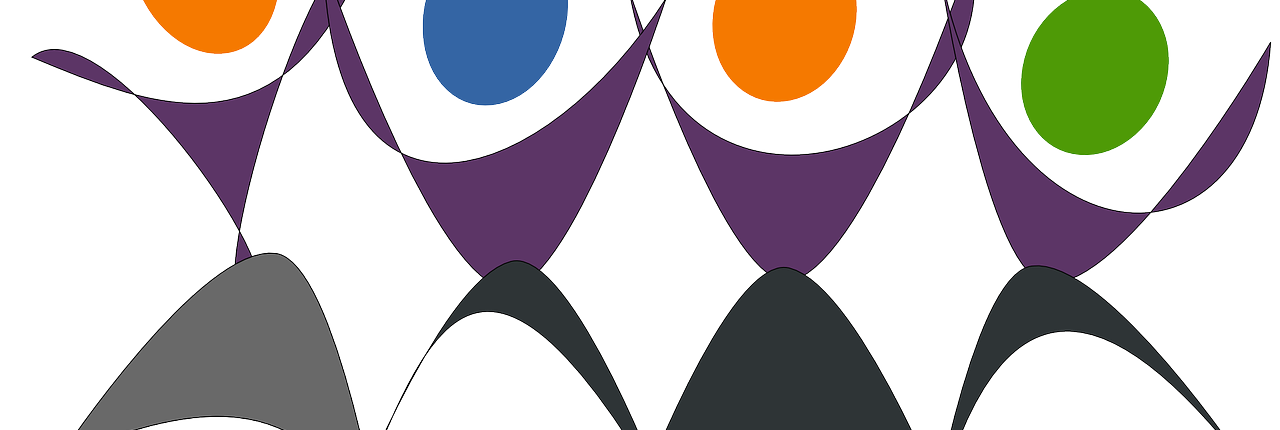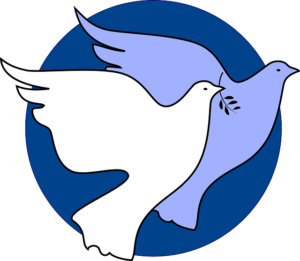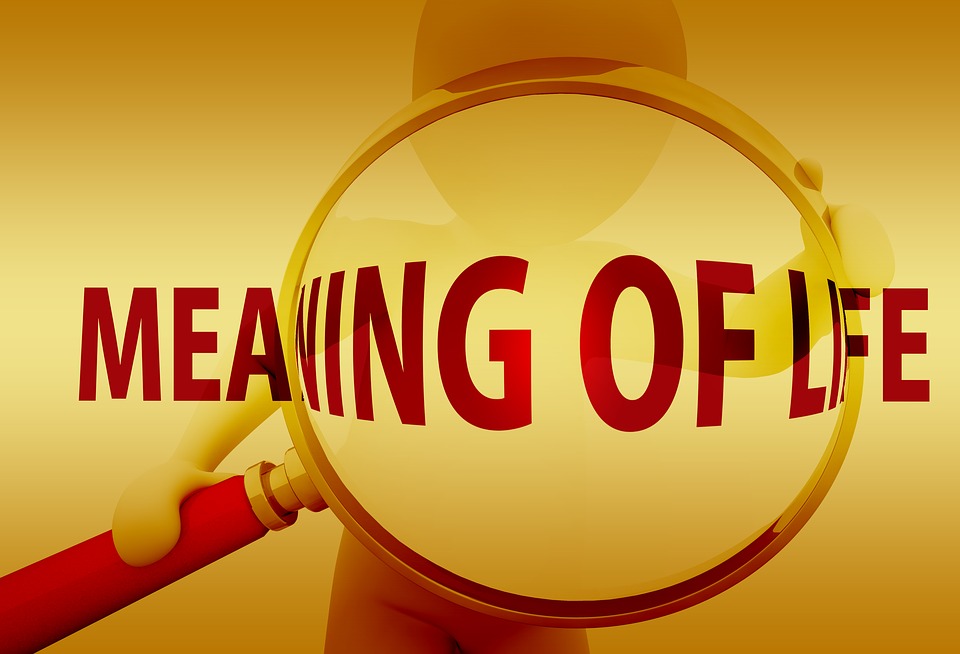We the people in order to form a more perfect union
“We the people of the United States, in order to form a more perfect union, establish justice, insure domestic tranquility, provide for the common defense, promote the general welfare, and secure the blessings of liberty to ourselves and our prosperity, do ordain and establish this Constitution for the United States of America.”
– Preamble to the U.S. Constitution, Proposed by Convention September 17, 1787 | Effective March 4, 1789
Notice that within the Preamble words appear such as:
we; more perfect union; domestic tranquility; common; general welfare; ourselves.
The Constitution itself came about through and by way of a Convention – the political leaders convened to discuss, debate, engage in robust discourse, and ultimately agreed to a specific type of government: a democratic republic.
By design, our government and its Constitution emerged as a deliberate departure from the idea and reality of “rule-by-one”…be that one person (dictator), one family (monarchy), or worse yet – without adherence to any governmental structure – else, as a nation, we would run the risk of descending into complete anarchy and widespread danger for all.
The three separate branches of government (legislative, judicial, and executive) were established as a set of checks and balances. Or, put another way: a set of counterbalances. Like an equilateral triangle, this system of government makes for a stable structure. The more counterbalanced (or counterweighted) the structure, the more sturdy the structure. When one of the governmental branches “breaks away from the pack” and with wild abandon exceeds its Constitutional powers, it needs to be brought back into balance. Otherwise, the structure weakens and is made vulnerable to attack and destruction.
This has real-world, physical consequences. It is not only in principle, but in form and function. Recent events at the United States capitol building made manifest this scenario. Unlike opportunity, dictatorship as well as anarchy doesn’t kindly knock. It swells. It bludgeons. It dismantles. It destroys.
For your consideration:
Note that the Preamble doesn’t state that the founders were establishing a perfect union, only striving to form a more perfect one. It was something to which they aspired. The Constitution is a living document; the Amendment process allows for the Constitution to evolve with the times.
The early colonization and its legacy are fraught with imperfections – some of them stark and deeply disturbing. The original union was far from perfect. That does not diminish, however, the principles themselves: of the pursuit of life, liberty, and justice for all. We have a long way to go to ensure that all are protected. While I do not particularly like the visual this phrase conjures up, the sentiment applies: Be careful not to toss out the baby with the bathwater. Our nation’s dark history and stark present may be gritty and soiled, but principles of great value are contained within our representative democracy. Implicit in the Constitution is also the principle that with rights, also come responsibilities. We must beware that dismantling the government by a violent overthrow neither serves nor preserves the pursuit of life, liberty, and justice for all.
Okay, your turn:
What is the role of citizens and elected leaders in a representative democracy? How does it, if at all, impact how you live your life?
I invite you to share your thoughts, feelings, and experiences by leaving a Reply in the Comments section, below. Soul-to-soul!





 For the most part, I look for examples of what I’d like to “see more of” in the world. By contrast, I suppose that in so doing, I’m also pointing out what I’d like to see “less of” in the world – and yet, why give extra mileage to those things, is my thinking? Haven’t those negative things already gained more than enough traction?
For the most part, I look for examples of what I’d like to “see more of” in the world. By contrast, I suppose that in so doing, I’m also pointing out what I’d like to see “less of” in the world – and yet, why give extra mileage to those things, is my thinking? Haven’t those negative things already gained more than enough traction?

 During this week of the new moon and the equinox, it’s a powerful time to feel into where you may be out of balance in your life, and to consider ways to bring yourself into a state of equilibrium.
During this week of the new moon and the equinox, it’s a powerful time to feel into where you may be out of balance in your life, and to consider ways to bring yourself into a state of equilibrium. It got me to contemplating about how much a strong core serves us overall in life as well. There will always be external, and sometimes internal, factors that threaten to throw us off balance. The stronger we develop and maintain our central strength, the greater the opportunity to live our lives from a place of equilibrium. It’s not passive. It’s active.
It got me to contemplating about how much a strong core serves us overall in life as well. There will always be external, and sometimes internal, factors that threaten to throw us off balance. The stronger we develop and maintain our central strength, the greater the opportunity to live our lives from a place of equilibrium. It’s not passive. It’s active. enerate our spiritually strong fire and heat – from a place of solidity, groundedness, centeredness – from a place of equilibrium! It’s stable, not wobbly. We each hold this potential within us. It’s simply up to each of us to take notice, take heed, and take action. It is what is especially needed now, during these turbulent times.
enerate our spiritually strong fire and heat – from a place of solidity, groundedness, centeredness – from a place of equilibrium! It’s stable, not wobbly. We each hold this potential within us. It’s simply up to each of us to take notice, take heed, and take action. It is what is especially needed now, during these turbulent times.